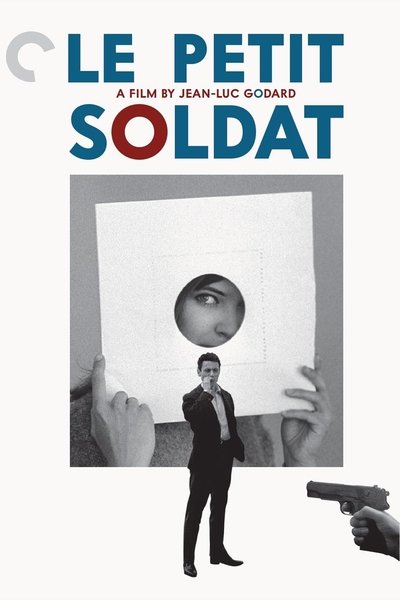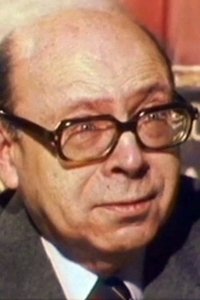Le petit soldat
Genres
DramaRomance
OverView
Despite his lack of political convictions, photojournalist Bruno Forestier is roped into a paramilitary group waging a shadow war in Geneva against the Algerian independence movement.
Others
Budget
$180000
Revenue
$--
Status
Released
Original Language
French
Runtime
87 mins
Rating
7/10
Release Date
25 January 1963
Country
France








